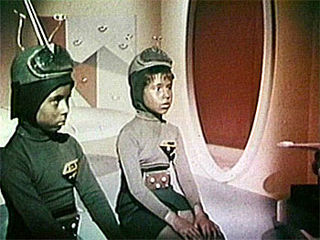A Quote by Madeleine Albright
As a leader, you have to have the ability to assimilate new information and understand that there might be a different view.
Related Quotes
This is why it might be more useful to understand the proliferation of interactive media as an opportunity for renaissance: a moment when we have the ability to step out of the story altogether. Renaissances are historical instances of widespread recontextualisation. People in a variety of different arts, philosophies and sciences have the ability to reframe their reality. Renaissance literally means 'rebirth'. It is the rebirth of old ideas in a new context.
That is the future, and it is probably nearer than we think. But our primary problem as universities is not engineering that future. We must rise above the obsession with quantity of information and speed of transmission, and recognize that the key issue for us is our ability to organize this information once it has been amassed - to assimilate it, find meaning in it, and assure its survival for use by generations to come.
When people go to a new country, whether as refugees or immigrants, kids usually assimilate easily, but it's much harder for the grownups. Especially, oftentimes, for the mothers, because they are usually confined to the house. They're not going to school, and they're not necessarily holding down a job. It's tough. It's not easy to assimilate to a new culture when you're an adult.
Intelligence is an extremely subtle concept. It's a kind of understanding that flourishes if it's combined with a good memory, but exists anyway even in the absence of good memory. It's the ability to draw consequences from causes, to make correct inferences, to foresee what might be the result, to work out logical problems, to be reasonable, rational, to have the ability to understand the solution from perhaps insufficient information. You know when a person is intelligent, but you can be easily fooled if you are not yourself intelligent.
The intellectual equipment needed for the job of the future is an ability to define problems, quickly assimilate relevant data, conceptualize and reorganize the information, make deductive and inductive leaps with it, ask hard questions about it, discuss findings with colleagues, work collaboratively to find solutions and then convince others.
Often a successful problem-solver is one who creates a new context in which to view the problem. This can often be done by directing one's attention away from the distracting details of the difficulty. From a detached perspective, we may examine the situation in a new or different light and, after exploring information and options, choose an appropriate course of action.












































